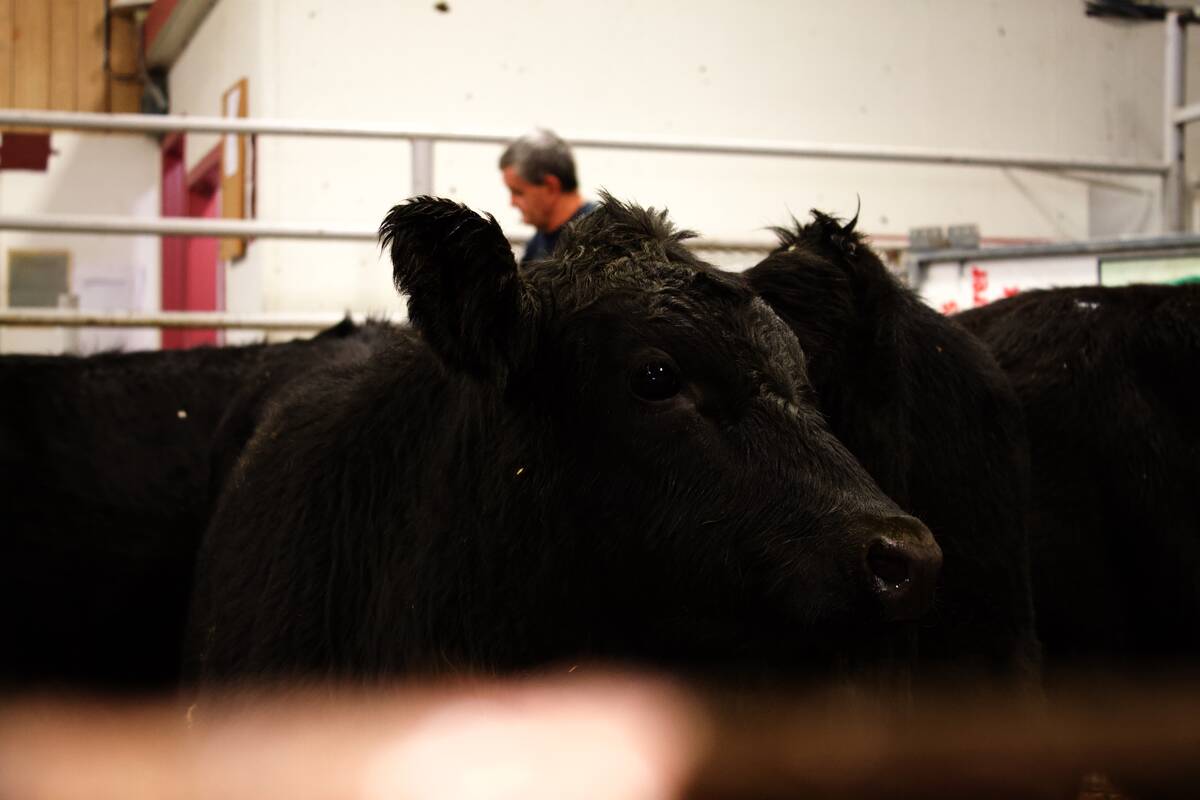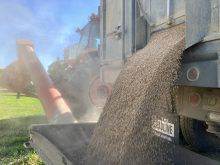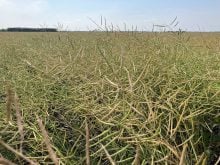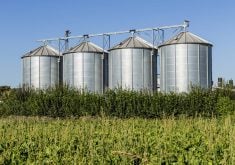Things were looking rather good for canola during the first part of the week of May 25 — then prices dropped almost immediately on May 27 after a ruling was announced on the extradition of Meng Wanzhou.
Canola, as it so often does, had been riding the coattails of soyoil on the Chicago Board of Trade (CBOT). Hopes of China purchasing more soybeans from the United States fuelled optimism on the markets, which in turn pushed up prices.
However, pessimism began looming over the CBOT soy complex as tensions between China and the United States were ramped up. Added to the Trump administration laying all blame for the COVID-19 pandemic squarely on China, the White House suggested there could be repercussions for China if it imposed new security laws on Hong Kong. The government in Beijing pressed ahead with trying to quash pro-democracy demonstrations and Washington is now preparing its next salvo.
As this went on, China acquired more soybeans from Brazil, including 10 cargoes alone on May 27 — and China made clear that it intends to keep buying more beans from Brazil.
Then canola took the hit over the Meng issue when a judge from the British Columbia Supreme Court ruled the Huawei executive stands accused of fraud, and not for violating U.S. sanctions against Iran as her defence contended. In meeting the principle of double criminality, her extradition hearing will resume.

As one trader pointed out, canola was being bumped up before the ruling as some in the market had pinned their hopes on an idea that Meng would have been released.
In rhetoric reminiscent of the Cold War, China castigated Canada with accusations of being an “accomplice” of the U.S. in a “grave political incident” and charged that both countries were “abusing their bilateral extradition treaty.”
As Meng serves her house arrest between two mansions in the Vancouver area, Michael Kovrig and Michael Spavor languish in a jail in China on charges pertaining to espionage. A third Canadian had his prison sentence on drug trafficking in China upped to the death penalty.
Contrary to popular belief, China hasn’t completely banned Canadian canola seed from its shores; rather, it’s drastically cut its imports, with nothing coming from either Richardson International or Viterra. The most recent data from Canadian Grain Commission show China imported 1.16 million tonnes of canola from Canada so far in the current marketing year, compared to 2.91 million at the same point in 2018-19.
Read Also

Manitoba cattle prices, Jan. 21
Six of Manitoba’s major seven livestock auction marts held cattle sales from Jan. 13-20, 2026.
Until China decides to see what punitive measures it might now pursue, Canada can only wait for the fallout.


















